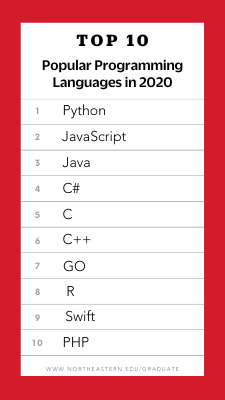

You can use whichever definition of fluency you like best, but for the remainder of the article, we’ll be focusing on this one. But at the end of the day, you’re able to use the language in a wide variety of situations, you understand most of what you hear, and you can respond fairly spontaneously. (You might like this article if you’re starting to learn a new language from scratch.) In other words, you may not have a totally perfect vocabulary, and you may occasionally make grammatical mistakes (after all, even first-language speakers rarely have perfect vocabulary and grammar!).

A definition for fluency with an achievable goalįor a more concrete and measurable definition, I think it’s fair to say that you’ve “mastered” a language when you reach a B2 level on the CEFR scale. This is what it means to be fluent: mastering a language such that communication flows easily in both directions. Not only are you able to communicate effectively, but you can understand everything the other person says and respond without hesitation. Fluency comes from the Latin word fluo which means “to flow.” And if you think about it, when you speak a language easily and well, the conversations you have tend to flow as well. These are useful definitions, and they highlight some key aspects of fluency: (1) speaking, writing or using a language, and doing so (2) easily (meaning without effort), (3) well or accurately (meaning without making mistakes), and (4) quickly (meaning without long pauses).Īnother way to understand what it means to speak fluently is to look at the root of the word fluency. Of course, if you want to know exactly what fluency means, the best place to look is the dictionary! The Cambridge dictionary defines fluency as, “The ability to speak or write a language easily, well and quickly.” Merriam-Webster defines fluency as, “The quality or state of being fluent,” and further defines fluent as: “capable of using a language easily and accurately.”

But how do you define success? What does it mean to “speak fluently,” and more importantly, how can you become fluent in a language? In this article and video, we’ll take a look at what exactly “fluency” is, and how you can improve your speaking skills to reach that goal. Speaking fluently is the ultimate goal for most language learners.


 0 kommentar(er)
0 kommentar(er)
